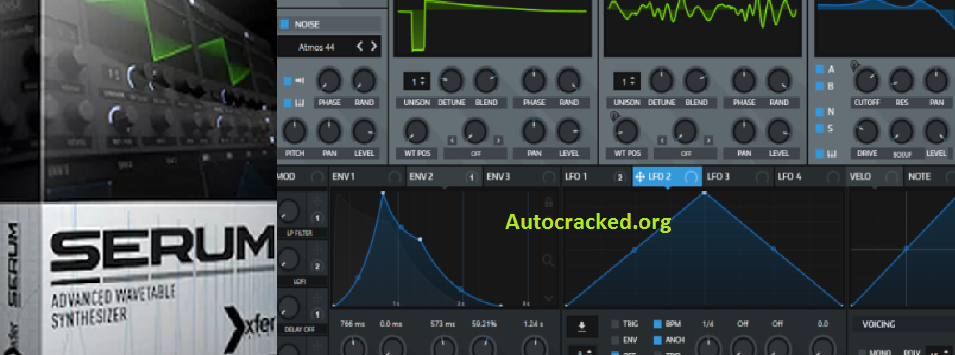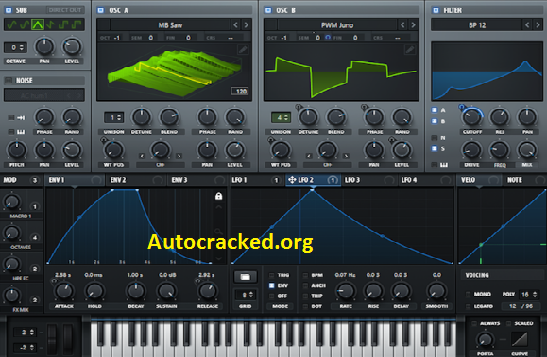

For 75 years, the primary non-surgical treatment strategy for advanced PCa has been androgen deprivation therapy (ADT). For approximately 8% of patients, PCa is diagnosed as advanced or metastatic-where additional intervention is needed to control disease progression. Some low-risk PCa patients even elect for active surveillance, which entails giving curative treatment only after evidence of disease progression, such as increasing PSA levels. Most newly diagnosed PCa cases are low-risk and require minimal therapeutic intervention that is primarily curative. Identification and clinical staging of prostatic neoplasms is performed with a combination of diagnostic tests, including digital rectal examination, serum prostatic specific antigen (PSA), and histological analysis of tumor biopsies with grading according to the Gleason system. Prostate cancer (PCa) is the leading diagnosed non-cutaneous cancer among men in the United States, as estimated by the American Cancer Society in 2016. The body of work investigating AR splice variants in PCa represents a true example of translational research from bench to bedside. Overall, this review will illustrate the historical perspectives of AR splice variant discovery using fundamental molecular biology techniques and how it changed the clinical approach to both therapeutic decisions and strategy. Clinical trials in PCa are currently investigating ARV7 utility as a biomarker and new therapeutics that inhibit ARV7. ARV7 is the only variant endogenously detected at the protein level and thus has undergone more thorough molecular characterization. Several AR variants lack the ligand binding domain, but retain their ability to bind DNA and activate transcription-linking constitutive AR function and therapeutic failure. These AR splice variants are increased in cell and mouse models of CR-PCa and in CR-PCa tumors. Detailed molecular biology work over the past decade, discussed at length in this review article, has revealed several AR transcripts that result from alternative splicing. Resistance to androgen deprivation therapy and/or AR antagonists is inevitable and molecular mechanisms driving castration-resistant PCa (CR-PCa) primarily involve alterations in AR expression and activity. Therapeutic interventions for advanced prostate cancer (PCa) center on inhibiting androgen receptor (AR) and downstream signaling pathways. Received: SeptemAccepted: DecemPublished: JanuAbstract

Keywords: prostate cancer AR splice variant castration-resistant clinical molecular biology

Wadosky 1 and Shahriar Koochekpour 1,2ġ Department of Cancer Genetics, Center for Genetics and Pharmacology, Roswell Park Cancer Institute, Buffalo, NY, USAĢ Department of Urology, Center for Genetics and Pharmacology, Roswell Park Cancer Institute, Buffalo, NY, USA


 0 kommentar(er)
0 kommentar(er)
